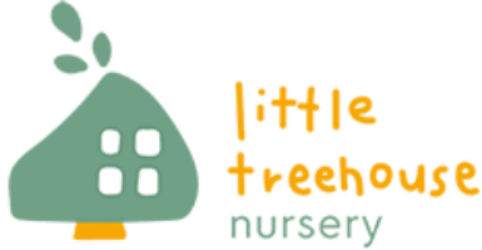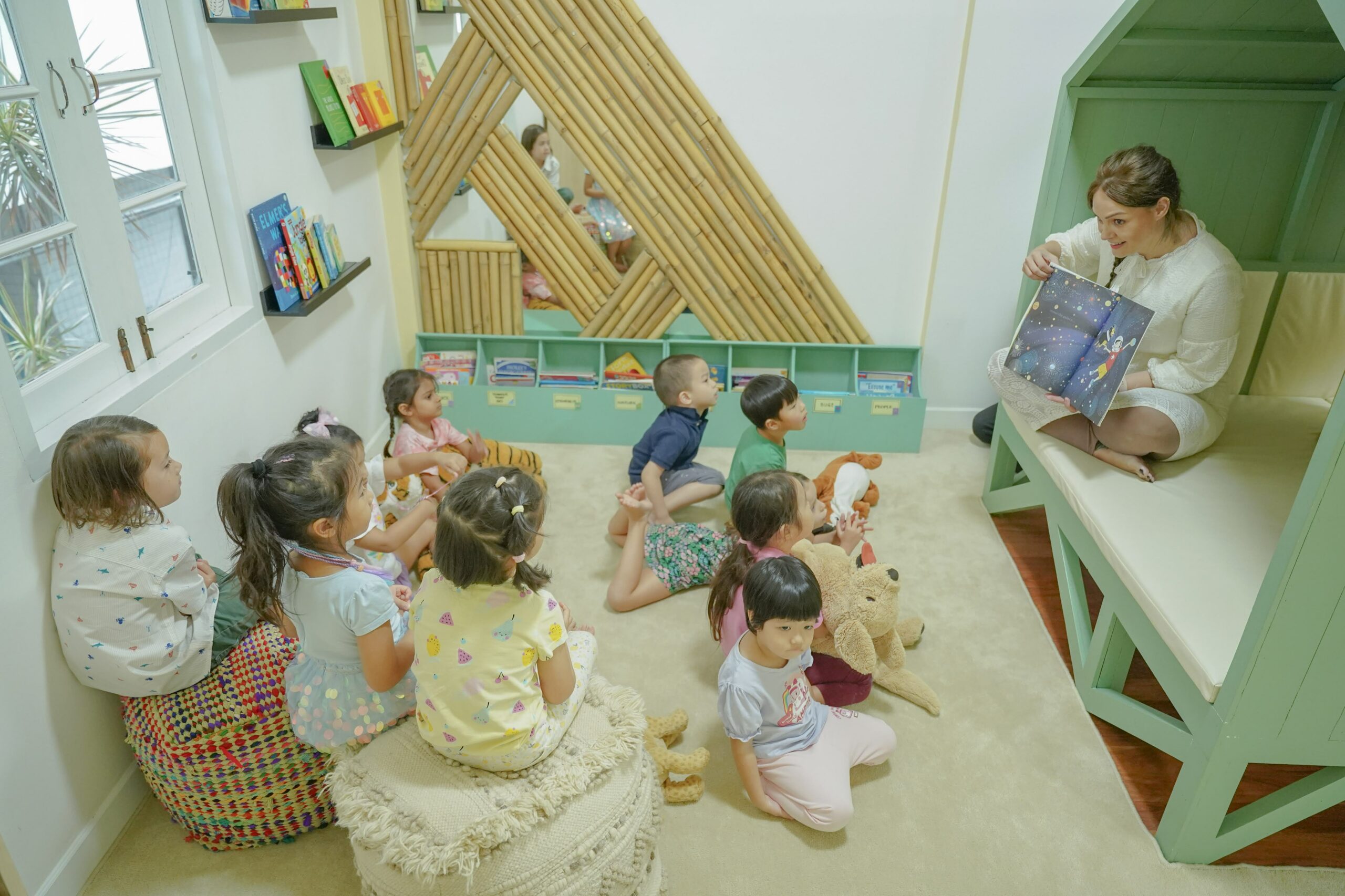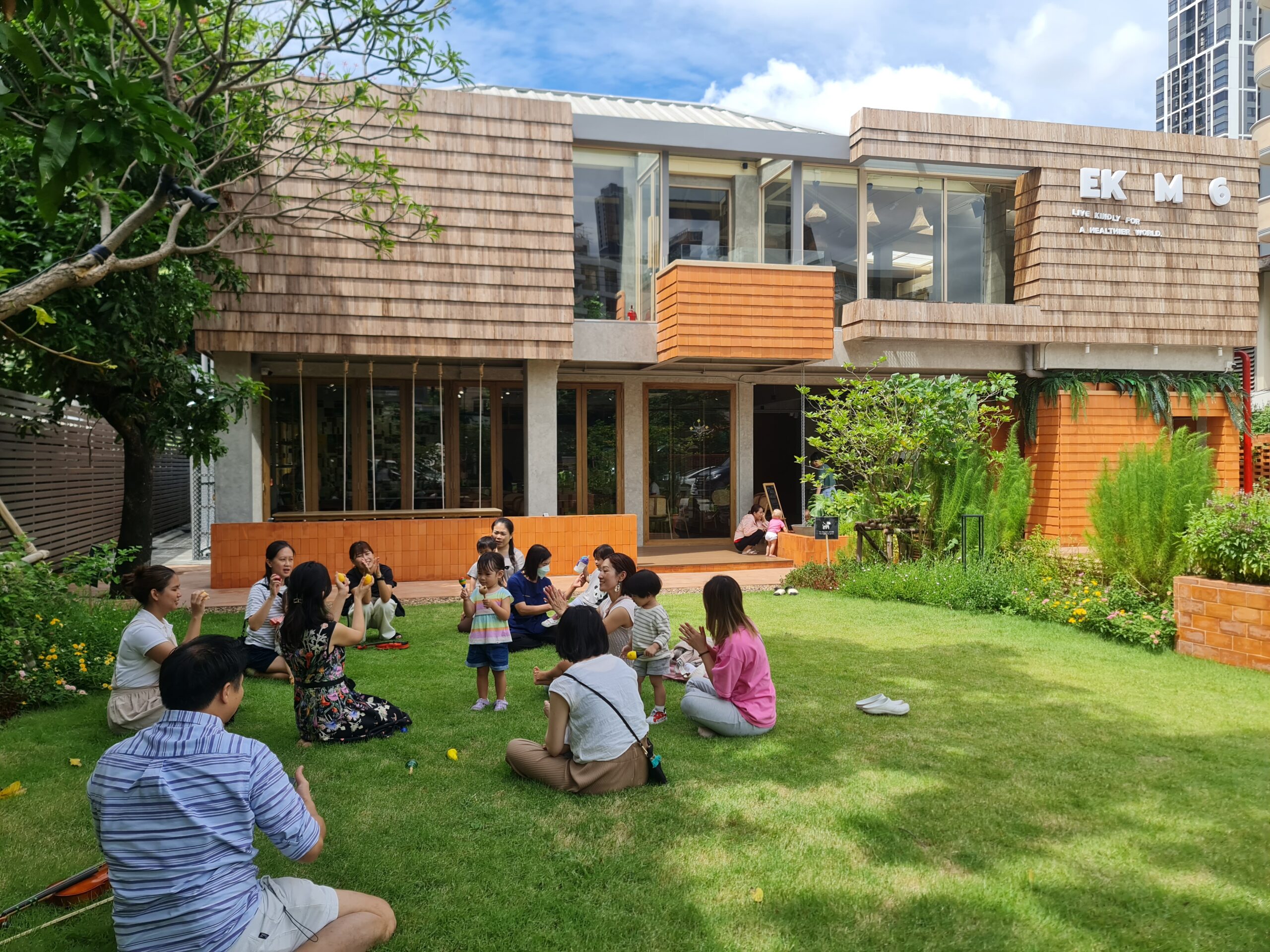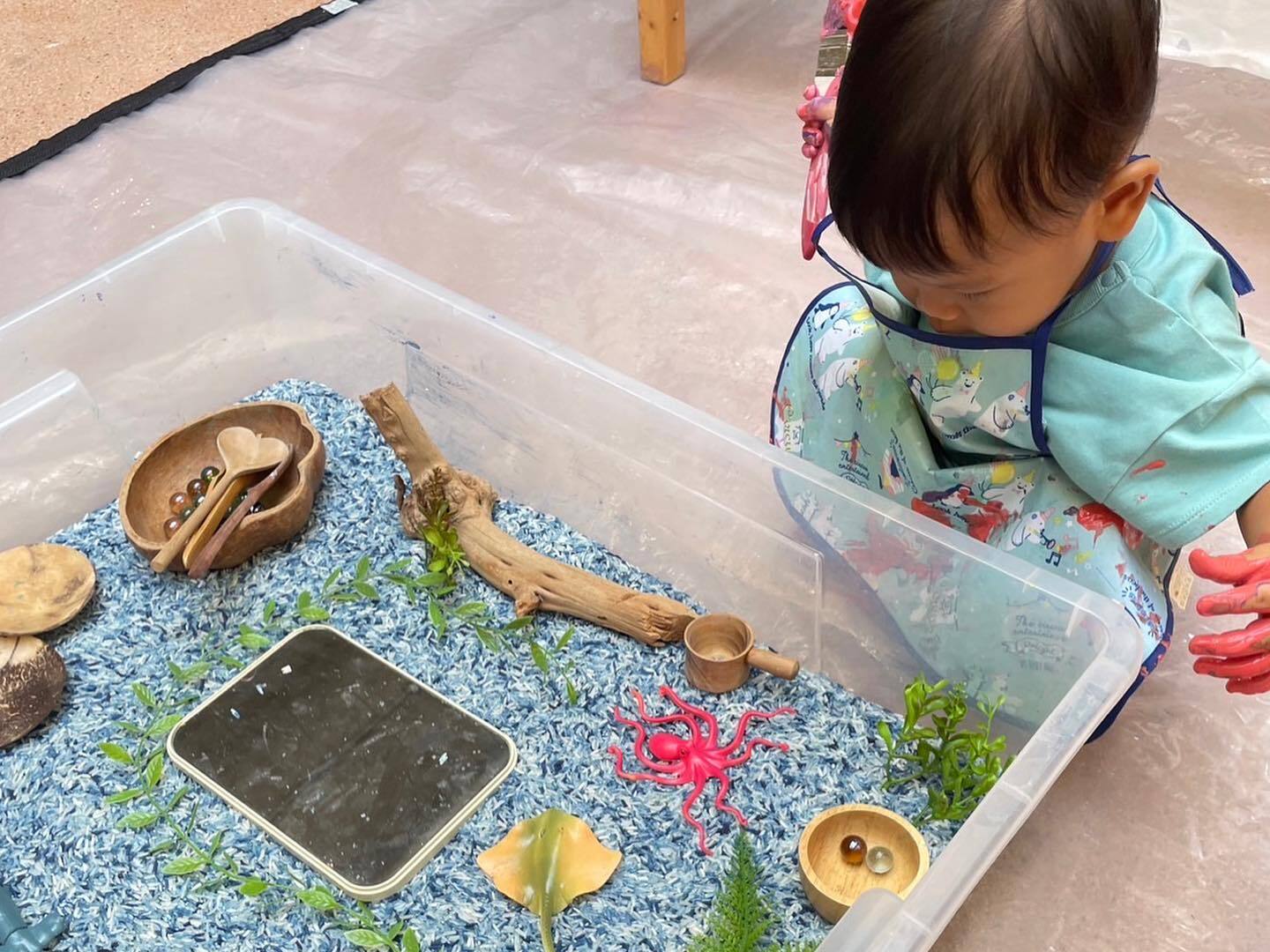Early literacy, encompassing pre-reading and pre-writing skills, plays a crucial role in a child’s overall development. Contrary to popular belief, early literacy development doesn’t necessitate formal instruction. Instead, it unfolds naturally through everyday experiences and play during the early years of life.
Building Blocks for Literacy
Before a child embarks on the journey of reading and writing, they need to acquire essential building blocks:
- Oral language ability
This involves developing a rich vocabulary, comprehending conversations and stories, and expressing oneself effectively.
- Sound awareness
This entails recognizing and manipulating sounds, such as rhyming words, identifying syllables, and understanding the relationship between sounds and letters.
- Letter recognition
This involves the ability to identify letters, particularly those in their name.
- Basic concepts of reading and writing
This includes understanding that print conveys meaning, that text is read from left to right, and that words are separated by spaces.
- Literacy-rich environment
This encompasses access to books, exposure to print in everyday life (e.g., signs, labels, packaging), and regular engagement with reading and writing activities.
- Visual perceptual skills
These skills involve the ability to process and make sense of visual information, including colors, shapes, and patterns.
- Fine motor and eye-hand coordination
These skills are essential for manipulating writing tools and coordinating hand movements with visual information.
Fostering Early Literacy Through Play
The good news is that everyday activities and play provide ample opportunities to nurture early literacy skills. Here are some engaging ways to encourage literacy development through play:
- Engage in conversations
Talk with your child about their day, their interests, and their surroundings. This helps expand their vocabulary and comprehension skills.
- Sing nursery rhymes and action songs
These activities introduce rhythm, rhyme, and repetition, which are crucial for phonological awareness.
- Play rhyming games
Identify rhyming words, play rhyming bingo, or create rhyming stories. These activities enhance sound awareness and introduce the concept of word families.
- Share stories
Read books aloud, making the experience interactive by asking questions, pointing to pictures, and encouraging storytelling.
- Write together
Write shopping lists, create greeting cards, or label toys together. These activities introduce the concept of writing and its connection to spoken language.
- Play with letter blocks
Manipulate letter blocks to build words, spell names, or create simple sentences. This reinforces letter recognition and early writing skills.
- Engage in pretend play
Role-playing scenarios, such as playing house, store, or doctor, encourages oral language development and creativity.
Remember, play is the primary mode of learning for young children. Keep the activities enjoyable, playful, and tailored to your child’s interests and developmental level. Avoid using flashcards or worksheets, as these can be overly formal and may discourage engagement.
Conclusion
Early literacy development is a gradual process that begins in infancy and continues throughout childhood. By providing a stimulating and nurturing environment rich in literacy experiences, we can empower our children to become confident readers and writers. Embrace the power of play and watch your child’s early literacy skills blossom!
Contact us at Little Treehouse Bangkok and help your kids nurture early literacy skills through everyday play.




Leave a reply